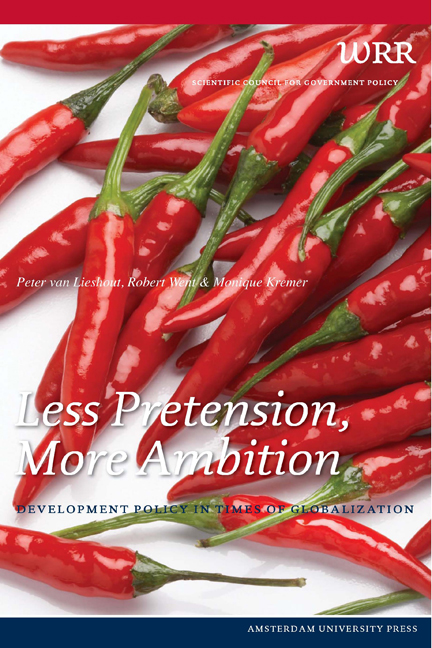Book contents
6 - The Task Ahead
Published online by Cambridge University Press: 14 January 2021
Summary
The history of sixty years of development aid can be described as a struggle during which citizens, governments and multilateral organizations searched, with only partial success, for ways of getting to grips with an extremely complex phenomenon. The question is what conclusions can be drawn from this with a view to future policy. A gloomy assessment about what has been achieved may lead to the conclusion that continuing development aid is not desirable or sensible, while the fact that development is a difficult task can quickly become a licence for continuing along the same, chosen path. The material presented in the previous five chapters implies, however, that we should neither give up nor blindly carry on. This chapter is devoted to formulating a more poignant conclusion.
LINKING WILL BECOME INCREASINGLY UNAVOIDABLE
Why do we provide development aid? In chapter 2 we discussed two types of motives: moral motives and motives which can be traced back to collective selfinterest. Moral motives have always played a major role for individuals, as reflected in the work of missionaries, modern-day benefit concerts and individual aid initiatives. The question is, however, to what extent Western governments should allow this motive to play a part in their policy. Although it can be argued from a normative perspective that governments also have a moral duty to show solidarity or charity, that argument makes allowances for political assumptions. Whether moral reasons are sufficient for granting development aid is then a political choice. This is less clear-cut in the case of collective self-interest: the government has to ensure that the interests of Western citizens can also be guaranteed in the long term, as laid down in the constitution. Western countries are becoming more and more reliant on the international order to realize those interests. Collective self-interest can therefore be a powerful argument for development aid. However, it does have to be clear where that interest actually lies.
An argument often put forward in this framework is that a more equal distribution of opportunities in the world would prevent large migration flows. However, there is insufficient empirical evidence for that reasoning – in fact, there is more to support the opposite argument (Bakewell 2008). It is a myth to think that migration will decrease as developing countries develop. It is precisely in countries which continue to develop that farmers gravitate to the cities, while city dwellers migrate to richer countries.
- Type
- Chapter
- Information
- Less Pretension, More AmbitionDevelopment Policy in Times of Globalization, pp. 153 - 194Publisher: Amsterdam University PressPrint publication year: 2010



